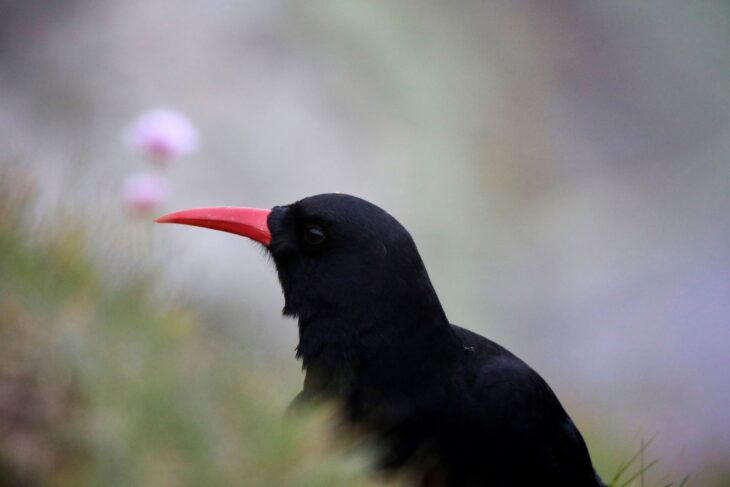In a first for the RSPB, a data sharing agreement has been signed with LERC Wales to ensure that wildlife data works harder for nature. The RSPB will share its species data with the key service provider in the country to make records available to consultants, planners and Natural Resources Wales, and so it will be considered when decisions are made that may affect nature. At present many assume this data is available already through the Aderyn system, so RSPB records are currently often missed in data searches in the country.
The four LERCs in Wales are sharing records with the RSPB for their nature reserves and priority landscapes for the first time, to ensure the most up-to-date information is considered in management planning and decision making. This is really valuable to the RSPB and supports the organisation’s evidence-led approach.
This is the first such agreement between the RSPB and multiple LERCs in the UK, and the first agreement between an eNGO and LERC Wales that covers data relating to such a variety of species. RSPB Cymru manages significant areas such as the uplands of Lake Vyrnwy, Atlantic oakwoods in mid-Wales and seabird colonies on Ramsey and Anglesey that are home to a wide range of rare plants and invertebrates. It is also leading major peatland restoration work, recovery efforts for birds such as Curlew, Chough and Black Grouse, and is a partner in a multi-landscape species recovery project, Natur am Byth.

Key datasets that will be shared include national surveys coordinated by the RSPB, such as Nightjar, Chough, Merlin, Spotted Crake, Black Grouse and Bittern, so this is really significant data to add to the wealth of knowledge Aderyn already holds for Wales. Records of sensitive species will be blurred to the public by LERC Wales, but full resolution data can be accessed by requesting it through LERC Wales. Records from reserves and other surveys will also be included, allowing a much clearer picture of biodiversity across Wales. All species groups are covered – certainly not just birds! More than 450,000 records will be shared by the RSPB, from 1933 to the present day.
Gill Dowse, principal data manager for the RSPB said:
“This is part of RSPB’s wider ambition to make our data more accessible – we are currently looking in to how we best share data with the NBN Atlas. With over 2,300 shareable datasets, we want to get the structure of the data on the Atlas right. Data will be shared as openly as possible, with blurring in place for sensitive species. We hope this will highlight areas where ecologists, consultants and planners should come to the RSPB for full resolution data not available elsewhere.”
Roy Tapping, from LERC Wales said:
“LERC Wales are pleased to have made this seminal data sharing agreement with RSPB, meaning important data can flow between us, helping to inform good decisions for our wildlife in Wales. We hope this will encourage similar future agreements, some of which are in the pipeline, with other National Schemes and Societies”.
